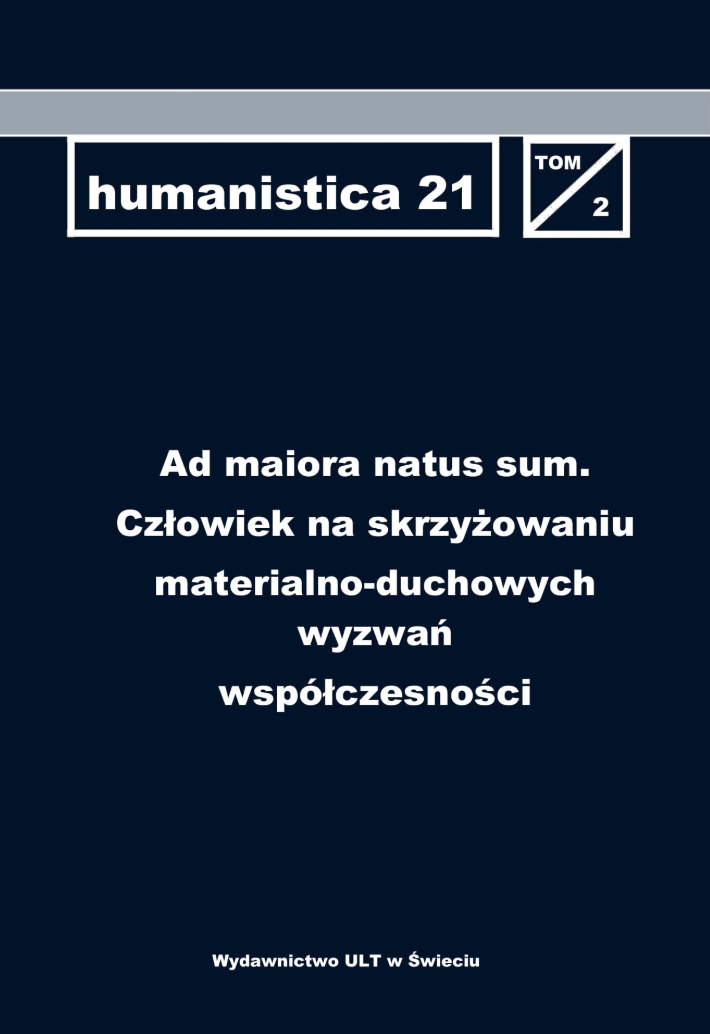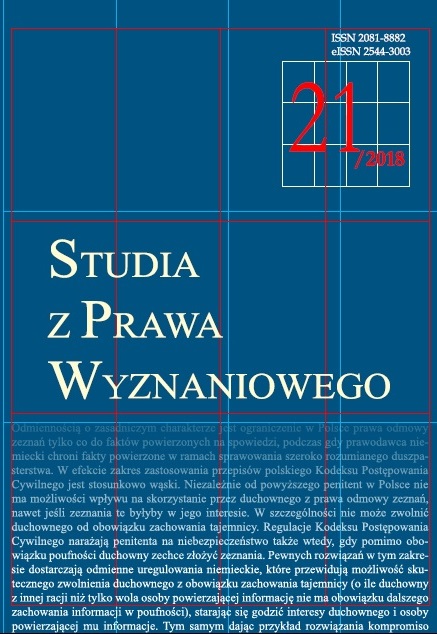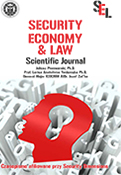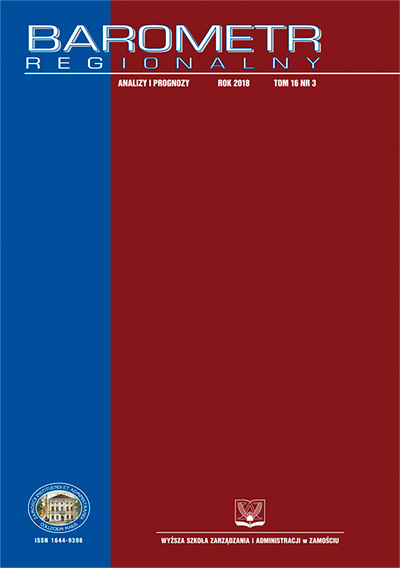
Czy człowiek ma prawo do samobójstwa?
Death has accompanied man since time immemorial, as well as the problem of suicide, which is, in fact, the essence of death. From a formal point of view, every person has the right to self-annihilation, after all the answer to the question: "who will forbid me?" is, in each case "no one". In addition to the dispute, the fact remains that the individual has the actual freedom to decide on the time and place of departure. So, is a man entitled to suicide? The article is an attempt to present an interdisciplinary view on human right to self-destruction and is divided into two parts, although the author does not separate them with subtitles. The first is devoted to the presentation of views that may speak for the exist¬ence of the right of the individual to self-annihilation. The second focuses on presenting the reasons which, according to the author, may lead to the opposite conclusions. The article ends with a presentation of a short synthesis of the author’s own views on human right to terminate his life, however, being aware of the complexity of the issue analyzed, the issue of answering the question asked in the title has been leaft open.
More...


